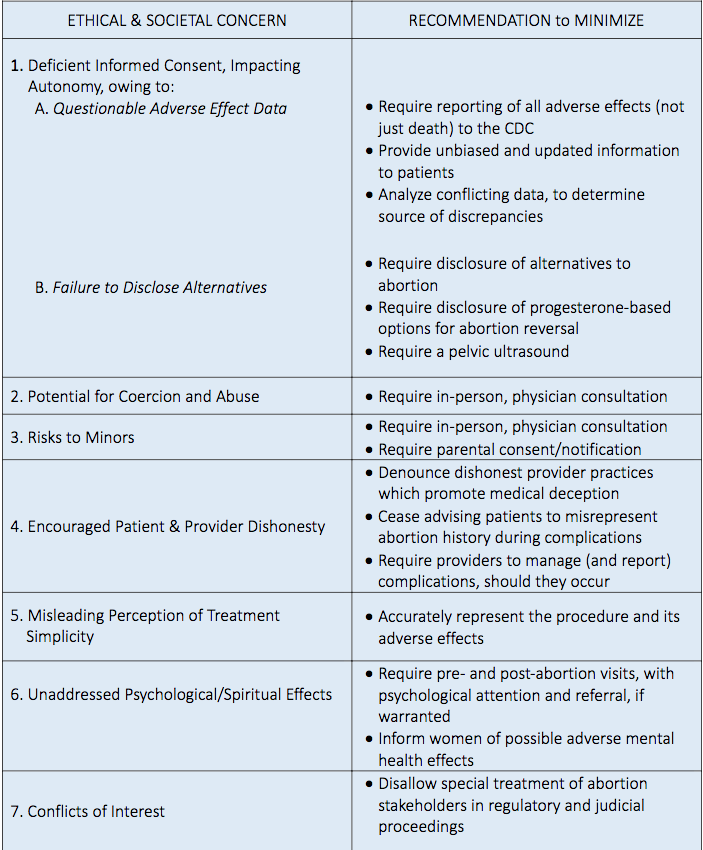CMA Releases Policy Recommendation Regarding Telemedicine Chemical Abortion
June 12, 2025
The Catholic Medical Association (CMA) released its policy recommendations regarding administering chemical abortions through telemedicine, citing great ethical and medical concerns.
“CMA has produced a statement that links scientific evidence to an ethical framework that is foundational to the moral practice of medicine,” said Dr. Greg F. Burke, the co-chair of CMA’s Ethics Committee, which put together the position paper.
The Catholic Medical Association always opposes direct abortion, however these recommendations, “are presented to advocate for common sense changes at both the regulatory level and in the patient-provider setting, in order to ensure that women are given complete and unbiased information to make a life-impacting decision, and to better safeguard women’s rights and health,” CMA states in the position paper.
Today, over 60% of abortions are being done with self-administered mifepristone and misoprostol.
“Since 2021, the prescribing of the chemical abortion pills has been done increasingly via telemedicine, without an in-person doctor visit, ultrasound or confirmation that the pills are being given to the patient on the call,” said Dr. Kathleen Raviele, retired OB/GYN and CMA Ethics Committee member who helped craft the report. “Women are told chemical abortion is ‘safe and effective’.”
Studies from the FDA and abortion-pill providers report a less than 1% chance of complications from abortions, while abortion providers and advocacy groups often advise patients to seek emergency room care and describe their condition as a “miscarriage” if serious problems arise. However, a new study in the U.S, by Hall and Anderson of an all-payer insurance claims database showed 10.93% of women had a serious adverse event. This finding reflects European studies that have shown a 10 to 20% risk of adverse events that would prompt further medical care, including blood transfusion, treatment for infection and a D&C for an incomplete abortion.
“The lack of transparency about the true risks and adverse effects of chemical abortion compromises women’s health, safety, and autonomy,” said Jean Baric-Parker D.Be., member of the CMA Ethics Committee and co-author of the position paper. “Telemedicine chemical abortion, without proper safeguards and oversight, places convenience and an abortion-promoting ideology above patient health and well-being.”
View full report and recommendations here.
